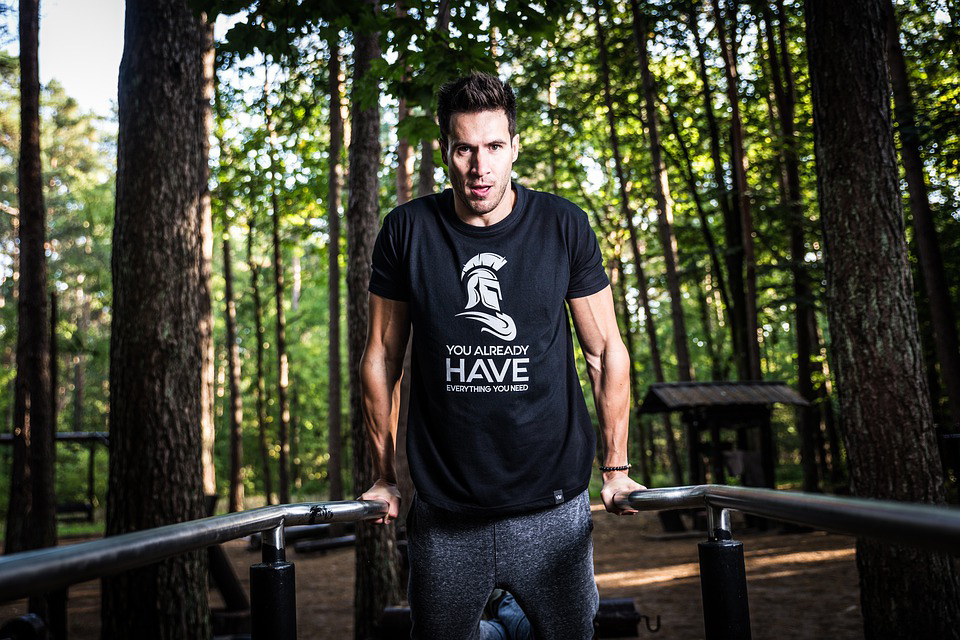Concluding our series on men’s health, Dr Chris Michael summarises the steps men need to take in all stages of their adult life
Teens
The teenage years are a period of many changes as boys transition into adulthood. The key here is supporting them through the physical and social changes they will face. New challenges have emerged for teenagers, including technology and smartphone addiction, rising levels of obesity and social isolation as levels of physical activity go down while being replaced by use of screens. This is the stage to identify if such problems may become an issue in the future and establish healthy habits which will carry them forward into adulthood – regular exercise, sport, social interactions, education on relationships, sexual health and condom use as well as avoiding smoking and drug use. Vaccinations should be completed at this stage: these include vaccinations against meningitis, diphtheria, tetanus, polio and HPV – the virus which causes cancer of the cervix in women, but can also cause throat, penis and anal cancer. Tetanus vaccination needs repeating every 10 years. Most young men also have immunisations against Hepatitis B before enrolling for their military service.
20s and 30s
These are the years when men’s health challenges first appear. Healthy habits such as regular exercise, eating well and avoiding excess alcohol should continue. Sexual health screening should happen regularly. The mid 20s to early 30s is a good time to establish a baseline for routine blood tests and blood pressure, though these do not need to be repeated in most cases unless a specific issue arises. Testicular cancer is commonest in this age group, so monthly testicular self-examination is recommended. Male pattern baldness also starts in these years and is one of the most common problems young men experience with one in five reporting hair loss in this age group. Luckily there are many options to manage this. Other health problems such as depression may develop which are important to address – mental health is just as important as physical and should not be neglected.
40s and 50s
As men get older, further health challenges start to set in. From age 40, and approximately every five years in healthy adults, a general check-up should be done which includes a blood pressure check, a weight check and blood tests for a full blood count, cholesterol level, kidney function, liver function and sugar levels to screen for diseases such as high blood pressure, high cholesterol and diabetes. Screening for specific diseases such as bowel cancer and prostate cancer starts at age 50, unless there are specific risk factors such as a family history of these cancers in which case these should start from age 40. Any symptoms of heart or vascular disease such as chest or calf pain on exercise or palpitations should be investigated. Erection problems may start in this age group and this is a prompt for a check-up. Stopping smoking, losing weight, increasing exercise, decreasing alcohol are all just as important as screening. Consider having a conversation with your doctor about how you can improve your health – each case will be different based on their personal medical history and risk factors.
65 and older
As per 50 plus, with the recommendation of further vaccinations: yearly flu vaccinations and one-off vaccinations against pneumococcus which is the commonest cause of pneumonia at 65 and above and shingles at 70 (though some health authorities recommend having this earlier). From 65 onwards men should also have a yearly pulse check to screen for heart rhythm problems.
Where can I find more information?
If you would like more information on individual health screening, the best person to speak to is your doctor who will consider your individual needs and medical history. You can watch a webinar Dr Michael gave on the topic of Men’s Health and Screening on November 25 here:
Preventative Medicine for Men – University of Nicosia Medical Centre (UNMC) (unic.ac.cy)
His upcoming lecture on sexual health and relationships will be presented on December 2. Link here:
Dr Michael is a London trained GP. He currently works at the University of Nicosia Medical Centre and provides general practice services to the public on Gesy.







Click here to change your cookie preferences